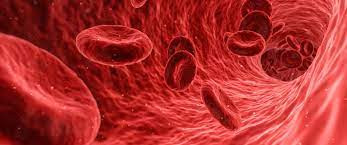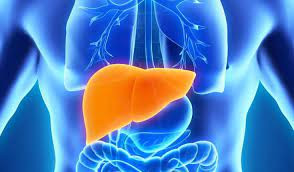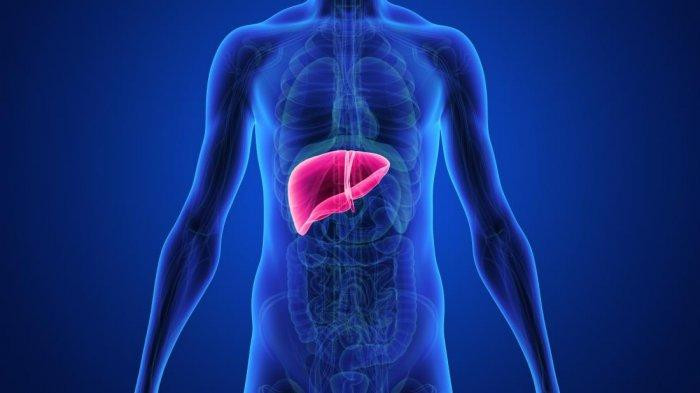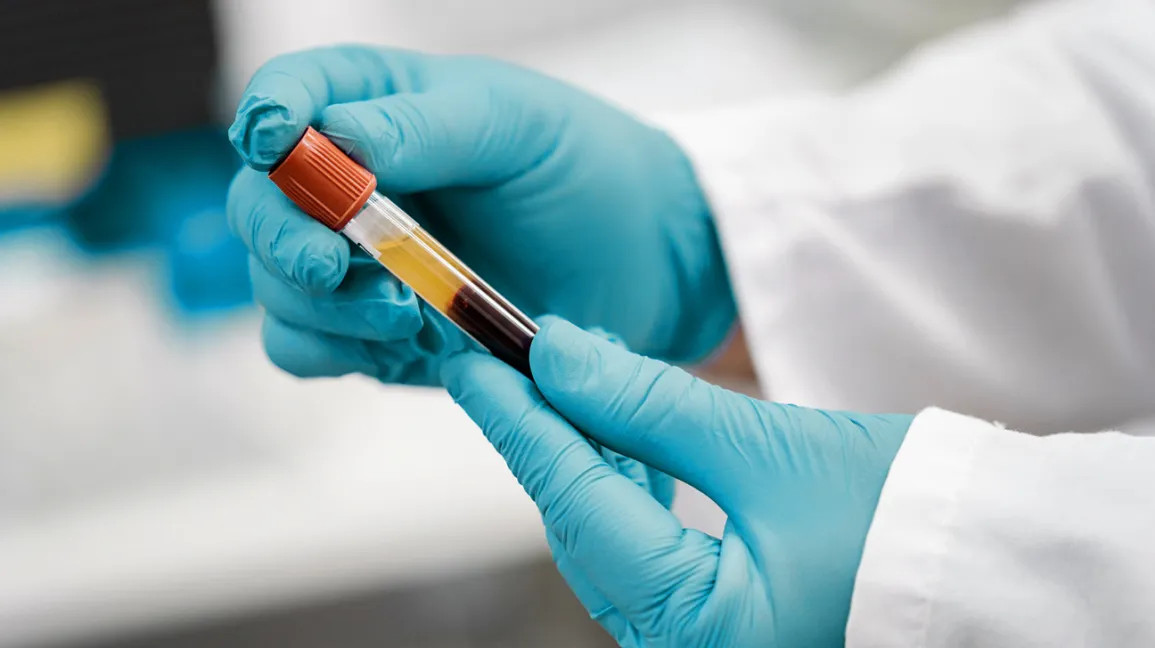Definisi
Hepatitis merupakan gangguan pada organ hati yang menyebabkan inflamasi pada hati. Hepatitis A merupakan penyakit infeksi pada hati (liver) yang sangat menular dan disebabkan oleh virus hepatitis A (HAV). HAV menyebar melalui makanan atau air minum yang terinfeksi, kontak langsung dengan pengidap hepatitis A, dan kontak dengan benda yang terinfeksi. Infeksi hepatitis A yang ringan tidak memerlukan pengobatan khusus. Mayoritas pengidap hepatitis A mengalami kesembuhan sempurna tanpa kerusakan hati permanen.
Kejadian hepatitis A di dunia sudah menurun sebanyak 90% hingga hanya 1.2 kasus per 100,000 populasi. Penurunan ini disebabkan oleh adanya vaksinasi pada tahun 1999. Pada tahun 2016, WHO mengestimasikan sekitar 7134 orang meninggal dunia akibat hepatitis A, yaitu sekitar 0,5% tingkat mortalitas atau kematian rata-rata dari suatu kasus. Indonesia termasuk negara dengan klasifikasi endemi HAV sedang atau intermediate, di mana transmisi umumnya terjadi dari orang ke orang, kontaminasi makanan dan minuman, serta adanya Kejadian Luar Biasa (KLB) atau peningkatan kasus penyakit secara mendadak melebihi prediksi normalnya.
Tubuh akan membentuk antibodi ketika pertama kali terinfeksi dengan HAV. Gejala yang muncul akan memakan waktu sekitar 14 hingga 50 hari setelah terinfeksi, dengan rata-rata kemunculan sekitar 30 hari. Antibodi akan muncul dalam darah pada 5 hingga 10 hari sebelum muncul gejala dan dapat bertahan di dalam aliran darah hingga 6 bulan setelah terinfeksi.
Pemeriksaan Anti HAV total untuk mengetahui apakah seseorang telah terinfeksi virus hepatitis A atau tidak. Melalui pemeriksaan ini dapat mendeteksi baik antibodi IgM dan IgG yang ada sehingga dapat digunakan untuk mengidentifikasi kondisi infeksi saat ini maupun di masa lampau. Antibodi IgM biasanya terdeteksi 2 minggu setelah muncul gejala hingga sekitar 6 bulan kedepan sedangkan antibodi IgG merupakan antibodi yang terdeteksi seumur hidup dan menyediakan perlindungan terhadap infeksi HAV di masa mendatang.
Indikasi
Pemeriksaan anti HAV total dilakukan oleh dokter untuk beberapa tujuan, seperti:
- Diagnosis dari infeksi yang terjadi: dokter akan menggunakan pemeriksaan anti HAV total untuk melakukan diagnosis dari penyebab hepatitis pada pasien yang menunjukkan gejala. Adapun gejala pada hepatitis A seperti air kencing berwarna gelap, diare dan buang air besar yang berwarna ke abu-abuan, kelelahan, demam rendah, nyeri perut dan sendi, mual muntah atau kehilangan nafsu makan, warna kulit dan mata kekuningan atau yang disebut dengan jaundice
- Melakukan pemeriksaan imunitas: pemeriksaan ini dilakukan pada pasien yang sudah sembuh dari infeksi hepatitis A. Hal ini disebabkan ketika pasien sudah sembuh dari infeksi hepatitis A akan terbentuk antibodi sebagai bentuk perlindungan tubuh sehingga pemeriksaan ini menunjukkan adanya antibodi yang terbentuk sebelum infeksi atau sebelumnya telah menerima vaksinasi hepatitis A
- Baru saja melakukan perjalanan terutama pada Asia, Amerika sSlatan, Amerika Tengah, Afrika dan Timur Tengah
Kontraindikasi
Pemeriksaan anti HAV total dapat dianggap aman dan risiko terkait sedang. Tidak ada kontraindikasi khusus terkait pemeriksaan anti HAV total.
Persiapan sebelum Pemeriksaan
Tidak ada persiapan khusus sebelum melakukan pemeriksaan anti HAV total. Bila Anda menjalani pemeriksaan lain, maka Anda akan diminta untuk berpuasa (tidak makan) beberapa jam sebelum pemeriksaan dilakukan. Beberapa obat dapat memengaruhi hasil pemeriksaan sehingga sebaiknya Anda memberikan informasi pada dokter. Pastikan kondisi Anda terhidrasi, tenang dan tidak stres.
Prosedur Pemeriksaan
Pemeriksaan anti HAV total menggunakan sampel darah. Petugas laboratorium akan membersihkan lengan Anda dengan alcohol swab dan mengambil sedikit darah dari pembuluh vena di lengan menggunakan spuit steril. Pada bayi, pengambilan darah dilakukan di tumit. Selanjutnya, darah akan dimasukan ke dalam tabung darah dan diperiksa oleh petugas laboratorium pada mesin khusus.
Risiko pemeriksaan ini sangat kecil. Beberapa orang merasakan nyeri, pusing, dan memar saat pengambilan darah. Namun, hal ini biasanya hilang dengan cepat. Prosedur pemeriksaan ini cukup sederhana dan biasanya akan memakan waktu beberapa menit untuk mengambil darah darah dan merapikannya.
Nilai Normal dan Abnormal
Nilai pemeriksaan dari Anti HAV total dengan memberikan nilai positif maupun negatif. Pemeriksaan ini perlu dilakukan dengan pemeriksaan lain seperti pemeriksaan IgM antibodi untuk mendapatkan diagnosis yang tepat. Nilai negatif pada umumnya memberikan hasil belum terjadi infeksi sedangkan nilai positif memberikan hasil terjadi infeksi.
Hasil dan Saran (Pemeriksaan Lanjutan)
Hasil pemeriksaan dapat bervariasi tergantung pada usia, jenis kelamin, riwayat kesehatan dan metode pengujian yang digunakan. Hasil pemeriksaan yang diterima biasanya dilanjutkan dengan pemeriksaan lain untuk diagnosis yang lebih tepat.
|
Hasil Pemeriksaan |
||
|
Pemeriksaan IgM Anti HAV Antibodi |
Pemeriksaan Anti HAV Total |
Kemungkinan hasil diagnosis |
|
Positif |
Tidak Dilakukan |
Infeksi akut atau baru saja terjadi |
|
Negatif |
Positif |
Tidak terjadi infeksi tetapi terbentuk imunitas terhadap HAV |
|
Tidak Diakukan |
Positif |
Baru saja terpapar HAV tetapi infeksi akut belum dapat ditegakkan. Mungkin terjadi imunitas |
|
Tidak dilakukan |
Negatif |
Tidak terjadi maupun riwayat infeksi. Tidak imun. |
Konsultasikan ke Dokter yang Tepat
Bila hasil pemeriksaan anti HAV positif, Anda dapat berkonsultasi dengan dokter umum untuk mendapatkan penanganan lebih lanjut. Dokter mungkin akan menyarankan beberapa pemeriksaan tambahan untuk memastikan kembali diagnosis maupun kondisi Anda. Diskusikan dengan dokter terkait kondisi dan gejala yang mungkin Anda rasakan selama atau sesudah pemeriksaan untuk memberikan hasil yang lebih jelas kepada dokter.
Bila diperlukan, Anda juga dapat berkonsultasi dengan dokter spesialis penyakit dalam sehingga didapatkan penanganan dan terapi lanjutan. Dokter mungkin akan menyarankan anda melakukan beberapa pemeriksaan tambahan untuk memastikan kembali diagnosis yang didapat.
Mau tahu informasi seputar hasil pemeriksaan laboratorium, radiologi, dan lainnya? Cek di sini, ya!
- dr. Monica Salim
Hepatitis A Testing. (2021). Retrieved 04 May 2023, from https://www.testing.com/tests/hepatitis-a-test/
Hepatitis A Antibody. (2023). Retrieved 04 May 2023, from https://www.urmc.rochester.edu/encyclopedia/content.aspx?contenttypeid=167&contentid=hepatitis_a_antibody
Hepatitis A (Hep A). (2021). Retrieved 04 May 2023, from https://www.webmd.com/hepatitis/digestive-diseases-hepatitis-a
Hepatitis Panel. (2021). Retrieved 04 May 2023, from https://medlineplus.gov/lab-tests/hepatitis-panel/











